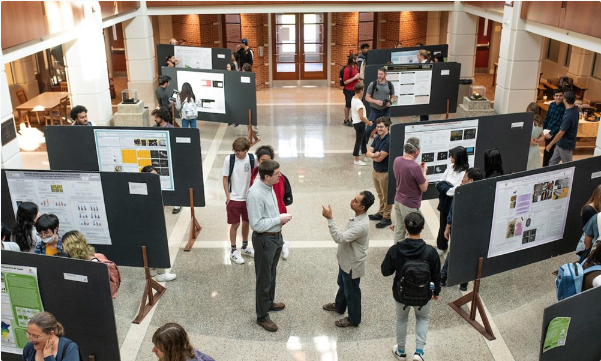Date of Award
4-2020
Document Type
Thesis
First Advisor
Pedar Foss
Second Advisor
Clark Sage
Third Advisor
Jeffrey Hansen
Abstract
Alcoholic beverages, and beer in particular, have had an extensive impact on human civilization. People have been brewing beer for thousands of years, and some scholars even argue that it was humanity’s thirst for beer rather than a hunger for bread that motivated the domestication of cereal grains ca. 9500-8000 B.C.E. If this argument is to be believed, beer would have acted as a precursor to the Neolithic Revolution and inspired people to develop agrarian economies and abandon their nomadic lifestyle. By the time that the Sumerian civilization in ancient Mesopotamia arose, beer production was a well-known and respected craft. In this society, alcohol played an important role in the business, social, and spiritual worlds. Beer was a dietary staple rich in carbohydrates, vitamins, and proteins, and was ultimately safer to drink than water due to the alcohol killing dangerous microorganisms. This essay aims to understand the religious and cultural significance of brewing in ancient Sumer by exploring the Hymn to Ninkasi, which was a song or poem dedicated to the goddess of beer. In addition to textual sources, this essay also describes an experimental archaeological project in which I reproduce the beer recipe detailed in the Hymn to Ninkasi. As the hymn states, drinking beer “makes the liver happy / …which rejoices the heart,”1 which is something that modern-day consumers have in common with their ancient counterparts.
Recommended Citation
Roscoe, Mahayla 20, "Experimental Archaeology and Brewing Beer: a Modern Reproduction of the "Hymn to Ninkasi"" (2020). Honor Scholar Theses. 157, Scholarly and Creative Work from DePauw University.
https://scholarship.depauw.edu/studentresearch/157



Comments
Honor Scholar Thesis